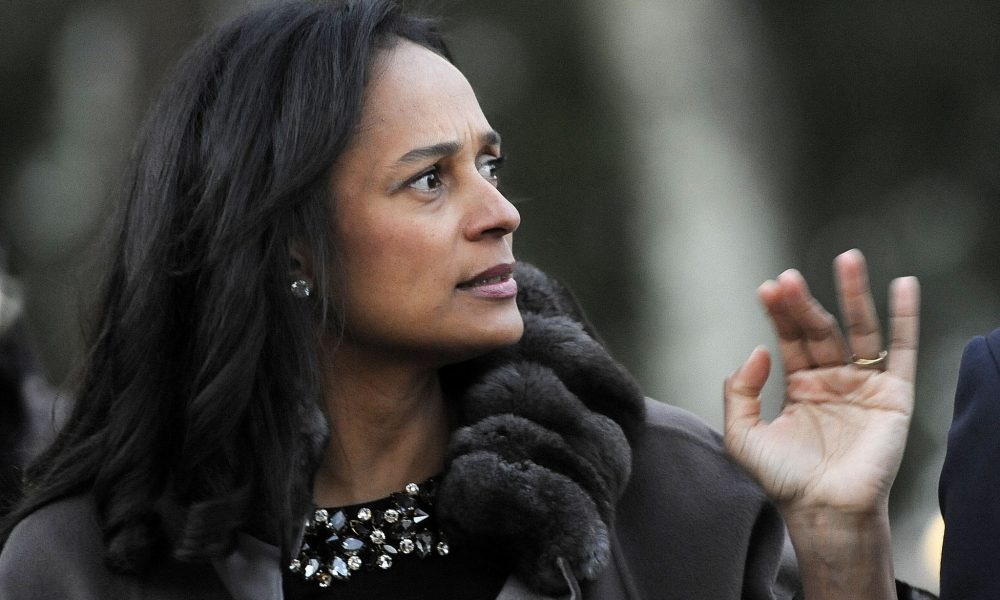A justiça angolana decidiu por despacho de pronúncia da instrução contraditória requerida pela defesa da antiga Presidente do Conselho de Administração da SONANGOL, Isabel dos Santos, a retirada de 4 das 11 acusações que pesavam sobre a arguida.
De acordo com informações apuradas pela Rádio Correio da Kianda, o processo 002/25, envolve mais quatro arguidos. Para além de Isabel dos Santos, estão implicados, Mário Filipe, Paula Cristina Neves Oliveira, Sarju Chandulal e sociedade PVC-Angola.
Isabel dos Santos, de acordo com a decisão do Tribunal Supremo, não terá mais de responder pelos crimes de fraude fiscal simples, associação criminosa, abuso de poder e falsificação de documentos. Assim sendo dos crimes que foram mantidos destacam-se, burla qualificada, branqueamento de capitais e tráfico de influências.
Todos os arguidos requereram instrução contraditória e no final dela, a filha do ex-Presidente José Eduardo dos Santos, Isabel dos Santos foi a única a ser absolvida de quatro dos onze crimes de que vinha acusada.
Os outros arguidos, pessoas físicas, foram absolvidos do crime de associação criminosa e a PVC-Angola absolvido de todos os crimes de que vinha acusada, pois, à data dos factos, a lei que presidiu a instrução contraditória (código de processo penal de 1929), não responsabilizava criminalmente as pessoas colectivas.
Entretanto, a defesa dos quatro arguidos interpuseram recurso do despacho de pronúncia.
O processo será reavaliado pelo Tribunal Supremo.
O processo contra Isabel dos Santos, e tantos outros de figuras politicamente expostas, reforçam a credibilidade da justiça angolana, e são entendidos por analistas e especialidades na matéria, como sinais de que “ninguém é intocável judicialmente”.
Isabel dos Santos, que vive fora de Angola há vários anos, é acusada de onze crimes de fraude num processo que envolve a sua gestão à frente da petrolífera estatal Sonangol, entre 2016 e 2017, que custaram ao Estado angolano 219 milhões de dólares, acusações que a empresária nega.
Crédito: Link de origem


